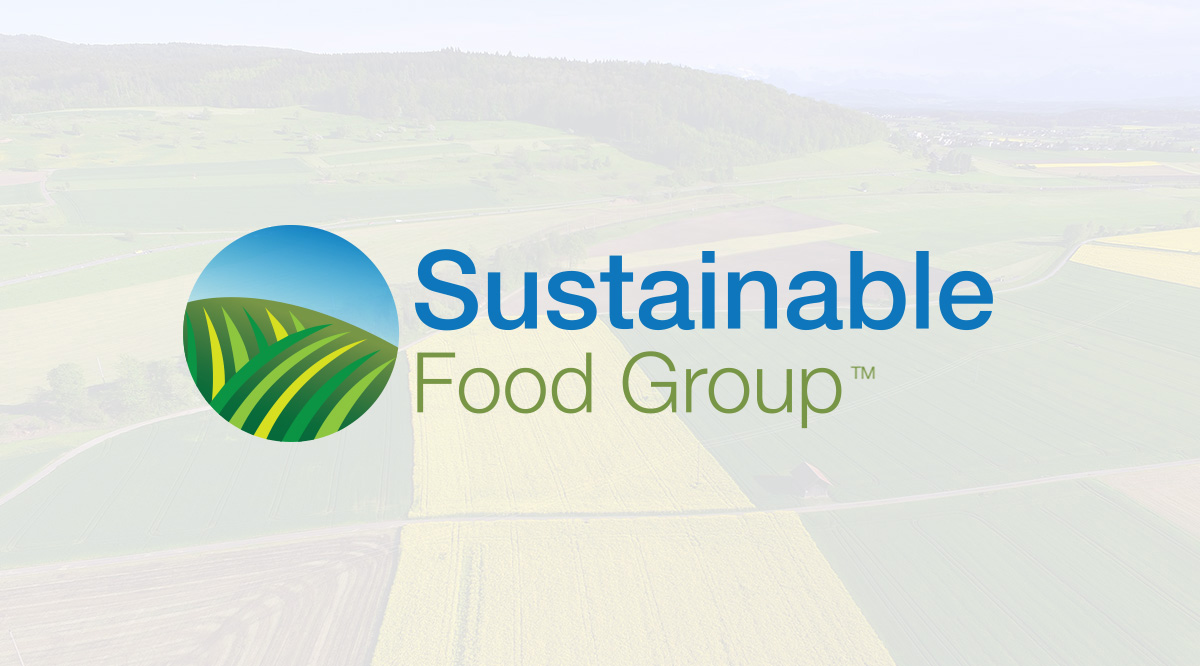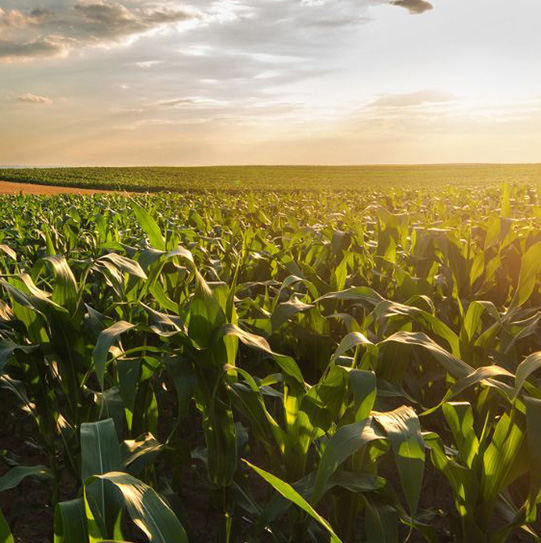
About Us
Market demands for sustainability and transparency are driving food and agriculture companies to act. We’re here to help.
In 2014, IPM Institute launched Sustainable Food Group to focus specifically on developing and implementing programs to advance sustainability in food and agriculture. We help our clients create sustainable, high-impact outcomes for their business, for people and the environment.
We envision a world where food is grown in sync with natural processes and where agriculture and food companies are a force for good, directly benefiting workers, consumers, water, air, climate, biodiversity and soil.
Sustainable Food Group exists to help food and agriculture companies and supply chains create high-impact, sustainable outcomes for their business, people and the environment. We do this through innovative research, tools to measure progress and by developing field-to-retailer programs that are tailored to balance the needs of all stakeholders.

Our Approach
We are experts in supply chain sustainability, helping organizations in the food and agriculture sector develop strategies and implement changes with positive outcomes for people and the environment. We bring sustainability to the field-level and help our clients measure and communicate results.
We leverage our on-farm insights, supply chain expertise, network and experience with agricultural sustainability to develop these projects. Every project is unique to each client, customized to fit their supply chain and goals. Examples of our work include:
While every project is unique, they all start with a desire to understand our client’s needs, and the goal of creating high-impact, sustainable outcomes.
Generally, our project process flow includes three phases: Analyze, Design and Do.

Our Services





Projects & Initiatives
Insights